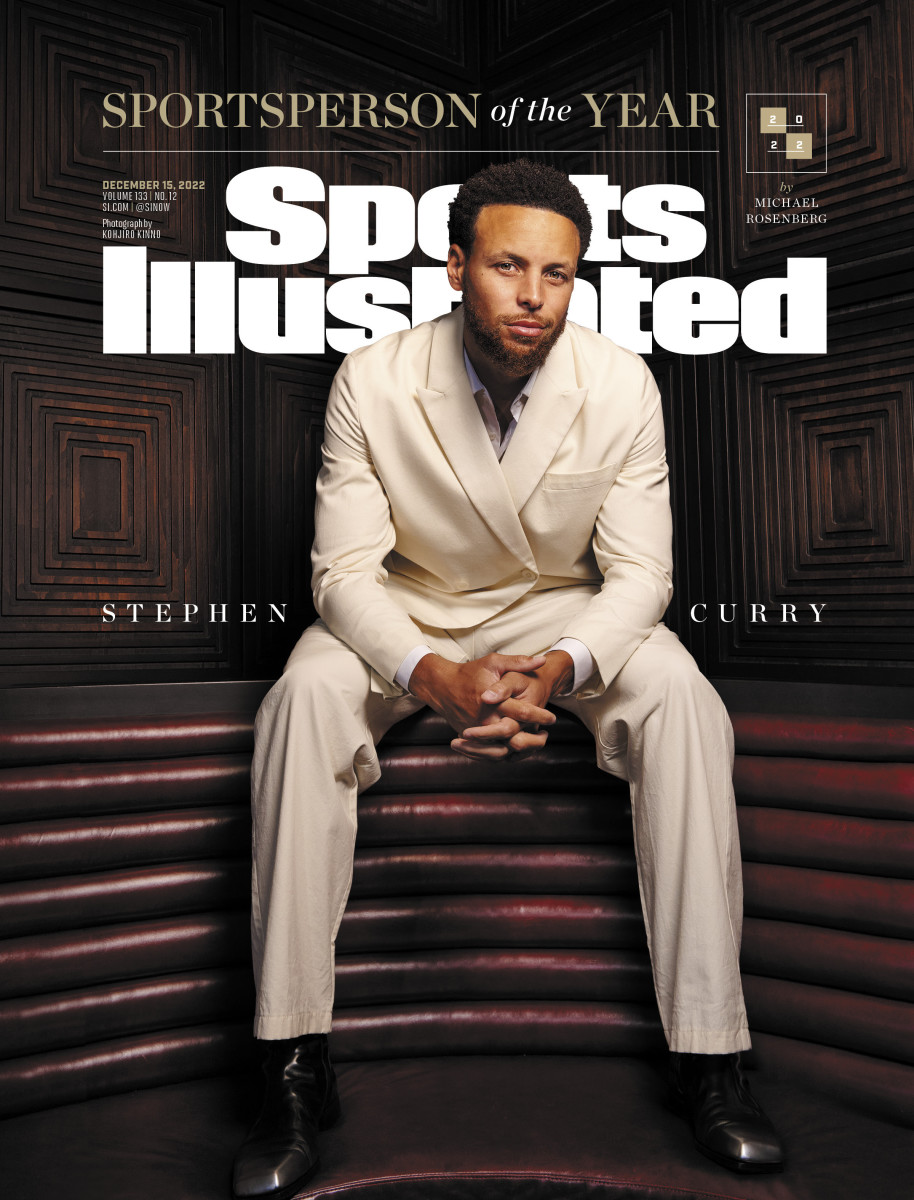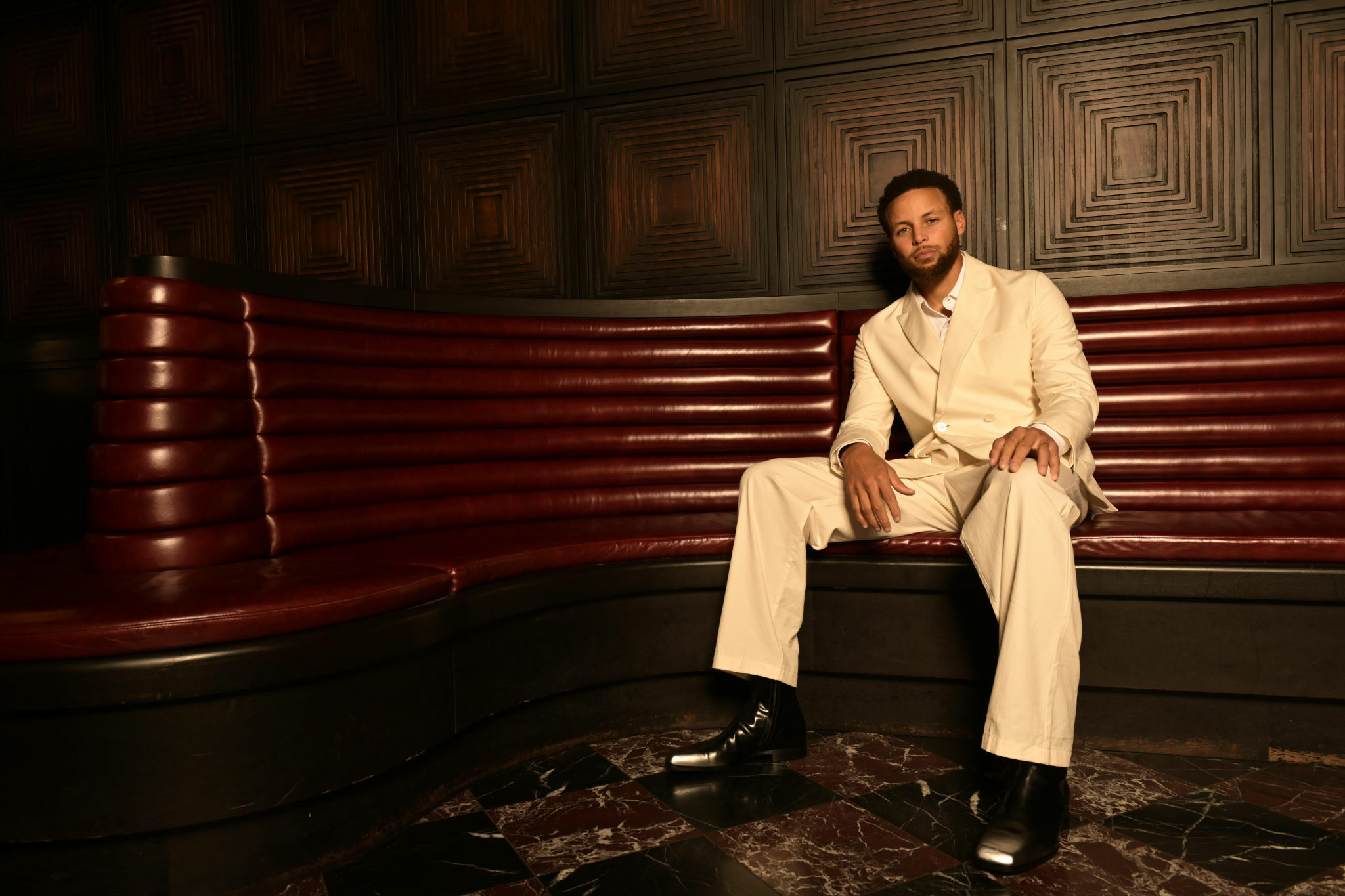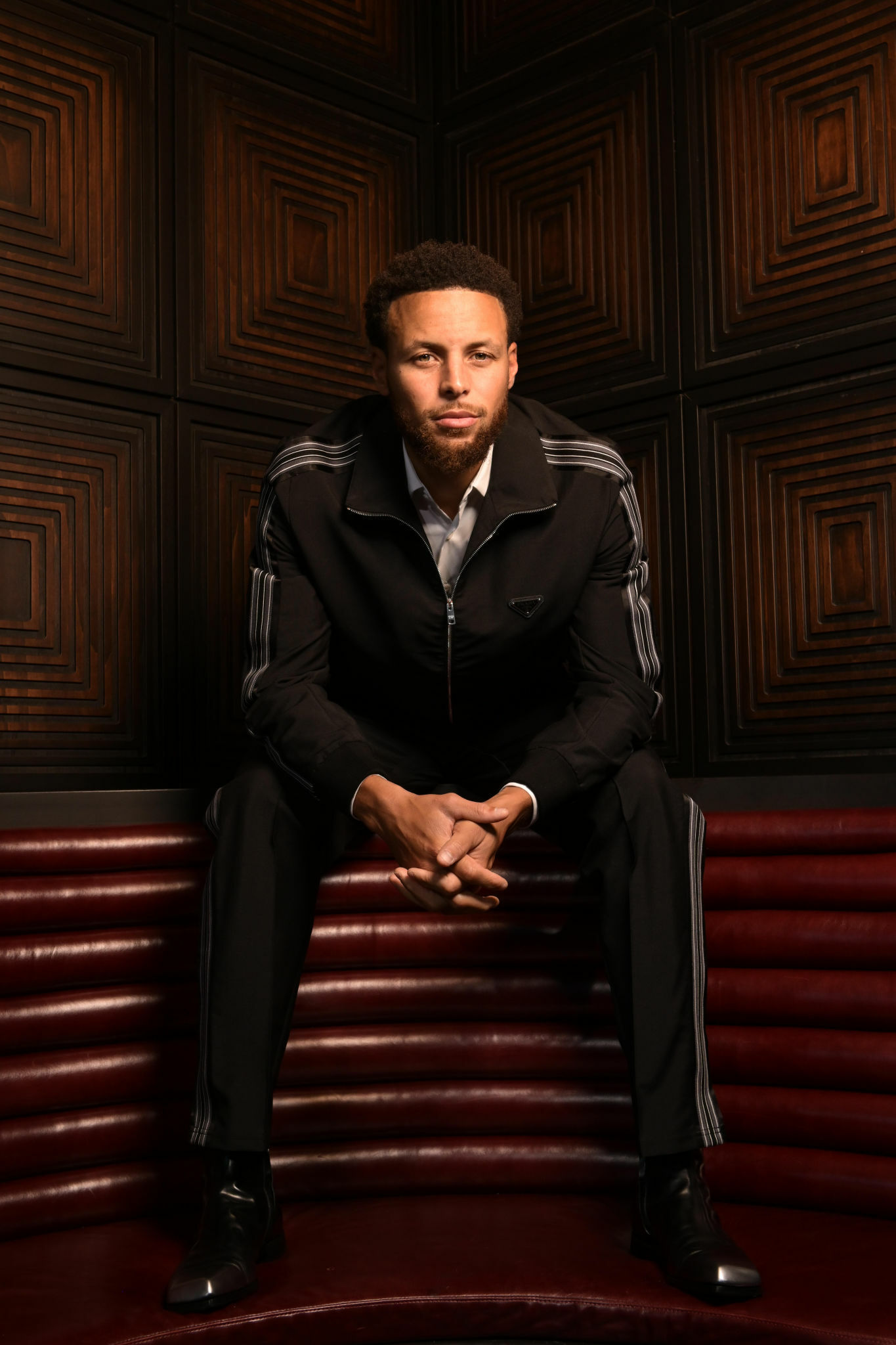
With a superstar’s dilemma weighing on him, Stephen Curry made his way to the bench. Despite his bad performance, his team was still going to win. In what had been framed—to an absurd degree, in Curry’s mind—as a referendum on Curry’s career, there were seventy-nine seconds remaining in Game 5 of the NBA Finals. The lack of a Finals MVP trophy begs the question: was he not one of the greatest players of all time? Winning and helping other people are two of Curry’s primary drives, and they are like a brother and sister rather than twins. Even if he had not lifted the Warriors, they were going to win the game. Curry and coach Steve Kerr were seated at the crossroads of selfishness and pride. According to Kerr, he appeared “pensive more than anything.

Curry was in the limelight as much as ever, but no one paid attention to him. “It bothered me that I had to answer to it,” he said of the Finals MVP discussion, and he never says anything about his place in history. Its absence on my resume at this point did not annoy me. He has never experienced the concept of wanting something. He did not need to show himself on the grandest stage, which was a ridiculous assumption.
Confidence is the air that Curry breathes as a loud and flamboyant performer. He shimmied after sinking his tenth three-pointer in a playoff game after missing his first nine. Curry implored the Celtics to celebrate their last victory as they wrapped up Game 3 to take a 2-1 series lead. After that, he informed his longtime friend Omar Carter that he intended to have a party in Boston, which meant that the Warriors would win three games in a row and finally win the championship in Game 6. Game 5 was going to be played in San Francisco, and they had already won Game 4.
Then Kerr looked up at his star.
“This is definitely the best thing that could have happened,” Kerr exclaimed.
“Explain it to me.” Curry inquired.

Kerr reminded the team that they had a challenging night, but ultimately won the game on the road. “Can you fathom the impact that has on Boston?”
After giving it some thought, Curry acknowledged his coach’s point and made the type of minor adjustment that is second nature to him. It had been 2019 before Curry’s playoff victory this year. Klay Thompson, his splash brother, has been out for over three years due to injury. In March, Curry celebrated turning 34 years old. Bob McKillop, Curry’s college coach, informed him of his retirement in his suite beneath the Chase Centre after Game 5. This served as another reminder of the passing of time.
Game 6 saw Curry return, and he made the Celtics feel even worse with 34 points, seven rebounds, two assists, one steal, and one more championship. He shot 21 percent from the field. It demanded an unwavering determination that went beyond his two MVP awards and his first three championships combined. Ayesha, Curry’s wife, asks, “Really—he said that?” in response to his modest boast that he refers to as his “greatest moment.” Ayesha said, “I am so proud of you!” during the Warriors’ afterparty at a bar beneath TD Garden. You succeeded! In response, Steph said, “We did it.”